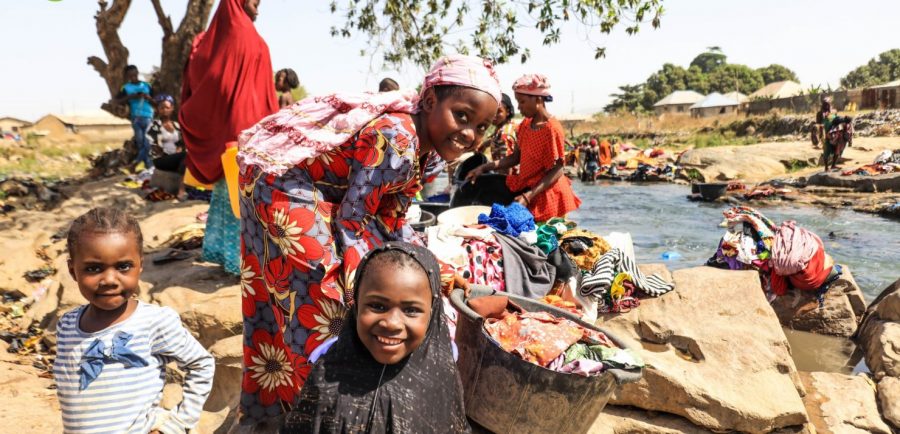In the relentless pursuit of improved living conditions globally, the unintended consequences of human activities have given rise to a planetary crisis—climate change. The term encompasses alterations in Earth’s climates, ranging from local to global scales, with far-reaching impacts on ecosystems and biodiversity. According to Amnesty International (2022), climate change involves not only rising temperatures but also extreme weather events, rising sea levels, shifting wildlife populations and habitats, and a host of other environmental impacts.
The global struggle for improved living conditions has inadvertently tipped the delicate balance of nature, leading to the alarming phenomenon of climate change. Driven primarily by human activities such as the burning of fossil fuels and deforestation, the Earth’s climate is undergoing rapid shifts, resulting in severe damage to the environment. Developing nations, including Nigeria, bear the brunt of these changes, facing escalating challenges that threaten the well-being of current and future generations.
Nigeria’s Climate Change Landscape:
Nigeria, situated in West Africa, experiences distinct latitudinal zones, becoming progressively drier as one moves north from the coast. The key climatic variable, rainfall, alternates between wet and dry seasons in most areas. However, the country’s climate has been undergoing detrimental transformations, adversely affecting the unborn generation. The signs are evident in rising temperatures, variable rainfall, sea-level rise and flooding, drought and desertification, land degradation, more frequent extreme weather events, affected freshwater resources, and loss of biodiversity (Amnesty International, 2022).
The changes are palpable in the increased durations and intensities of rainfall, leading to large runoffs and flooding in many states. Projections indicate a continued increase in rainfall variation, potentially resulting in massive flooding and coastal land submersion. In the North, declining rainfall contributes to rising temperatures, drying up lakes like Lake Chad, and accelerating desertification. These changes exacerbate incidences of malaria and other diseases, particularly in areas with higher temperatures and humidity, while disrupting agricultural production, especially rain-fed agriculture upon which many Nigerians depend.
Climate-induced conflicts have emerged as a dire consequence of changing environmental conditions, contributing to heightened insecurity. The herders-farmers’ conflicts in Nigeria exemplify this phenomenon, escalating in recent years as climate change drives herders south into the central farmland. Forced southern migration, triggered by drought and the depletion of traditional grazing grounds in the North East, results in constant clashes between Fulani herdsmen and Bachama farmers competing for scarce fertile land. This conflict creates opportunities for militant groups to establish strongholds around the Lake Chad Basin, endangering the nation’s collective well-being.
Proactive Measures for a Sustainable Future:
While President Muhammadu Buhari’s seven-point agenda demonstrates commitment to the Paris Agreement goals, urgent and decisive action is imperative. Concrete steps must be taken to enhance living conditions and ensure the sustainability of future generations.
Recommendations:
Implementation of Environmental Policies: Translate commitment into action by implementing and enforcing environmental policies that align with international agreements and address climate change.
Investment in Renewable Energy: Prioritize and invest in renewable energy sources to reduce reliance on finite and environmentally damaging fossil fuels, promoting a sustainable energy transition.
Afforestation and Biodiversity Conservation: Undertake large-scale afforestation initiatives and biodiversity conservation projects to counter deforestation and restore ecological balance.
Community Education and Adaptation: Conduct widespread awareness campaigns to educate communities on climate change, its impacts, and adaptive measures, fostering resilience and sustainable practices.
International Collaboration: Collaborate with international organizations and neighboring nations to share resources, technology, and expertise in addressing regional and global climate challenges.
In Conclusion, Nigeria stands at a crossroads, grappling with the multifaceted challenges of climate change that imperil its environment, food security, and security. Bold, proactive measures are essential to avert further crises and safeguard the well-being of present and future generations. The nation’s commitment to global agreements must be translated into tangible actions for a cleaner, greener, healthier, and more resilient society.


Leave a Reply